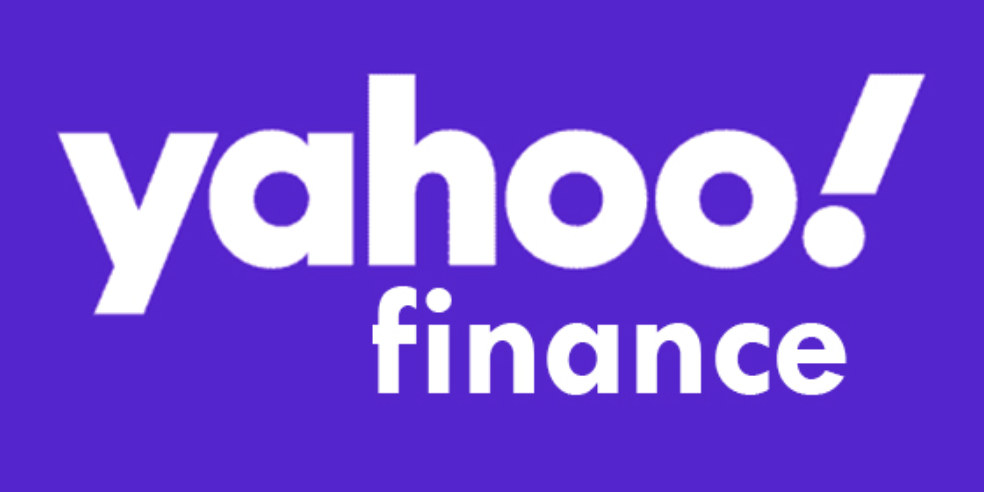The major U.S. stock market indexes are officially in overheated territory thanks to enthusiasm for artificial intelligence (AI). Since the end of 2022, the most popular benchmark, the S&P 500 index, has soared about 51% to a rich valuation that we've not seen since right before some severe market crashes.
If we add up earnings from the past 10 years, the average stock in the S&P 500 index is trading at a cyclically adjusted price-to-earnings (CAPE) ratio of about 35.2, which is disturbingly high.
The S&P 500 CAPE ratio has risen above 35 just two other times over the past 40 years: once during the late '90s internet bubble and again just before the market collapsed in 2022.
An abnormally high P/E ratio for benchmark market indexes doesn't guarantee a crash is around the corner. Given the S&P 500 index's history, funds that track it sure seem unlikely to perform well in the decade ahead.
The S&P 500 is near an all-time high, but some of its underappreciated components aren't getting nearly as much attention as they deserve. Shares of Pfizer (NYSE: PFE) and AbbVie (NYSE: ABBV) offer dividend yields above 3% at recent prices and both appear likely to raise their payouts much further. Here's why I expect both to outperform the benchmark in the decade ahead.
1. Pfizer
The first divided stock likely to outperform the S&P 500 index in the decade ahead is Pfizer. At recent prices, shares of the pharmaceutical giant offer a big 5.8% yield.
Last December, Pfizer raised its dividend payout for the 15th consecutive year. With such a high yield, Pfizer stock can deliver heaps of passive income to your brokerage account even if it doesn't raise its payout further. With a slew of new patent-protected drugs to sell, Investors can reasonably expect their quarterly payments to rise steadily for at least another decade.
In 2023, Pfizer acquired Seagen, a company with four commercial-stage cancer therapies, for about $43 billion. Adcetris, Padcev, Tukysa, and Tivdak were generating an annualized $2.6 billion in combined sales when Pfizer took over. Under Pfizer's wing, sales of the same four treatments have already soared to an annualized $3.3 billion, and they have much further to climb.
Management expects sales of the Seagen therapies it's already marketing to pass $10 billion by 2030, and there are more growth drivers to push its big needle forward. The Food and Drug Administration (FDA) approved nine new medicines from Pfizer in 2023, and as of July 30, the company had 65 experimental medicines in clinical-stage testing.

 8 months ago
8 months ago
 (200 x 200 px).png)





 English (US) ·
English (US) ·